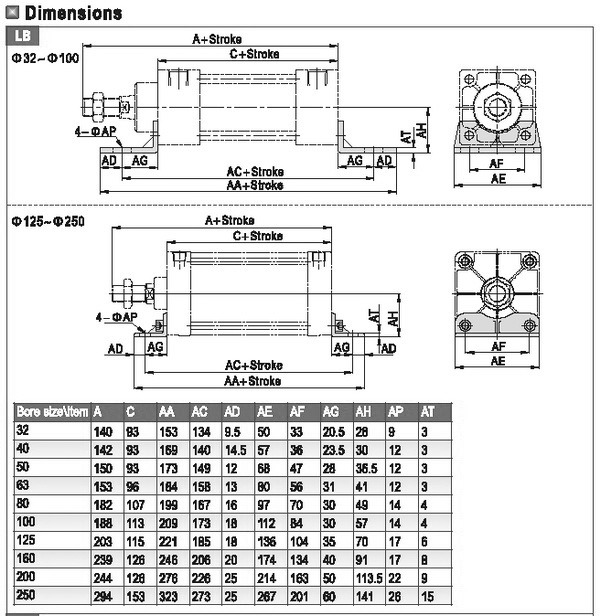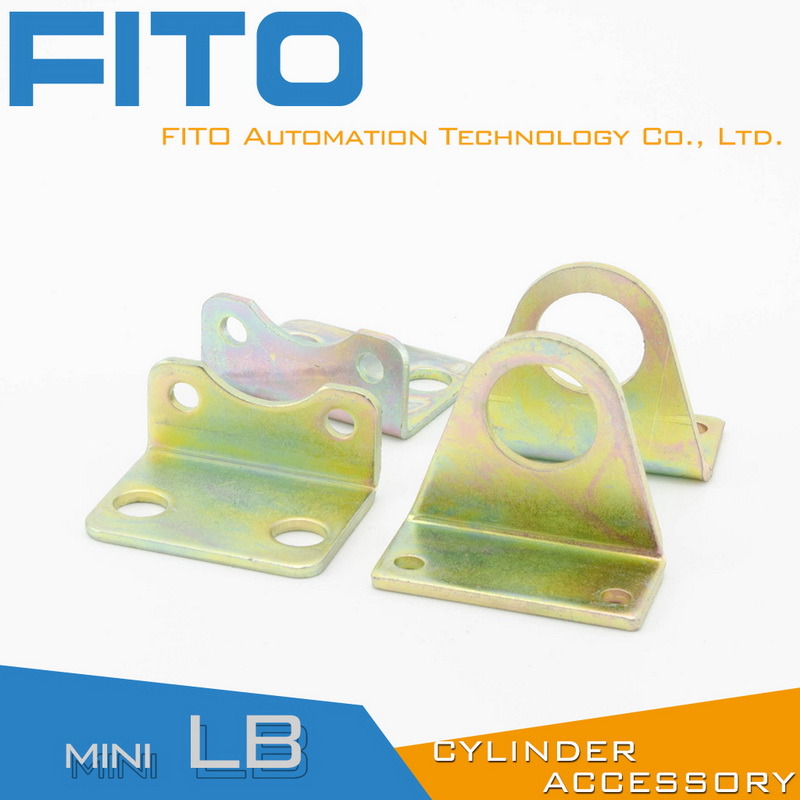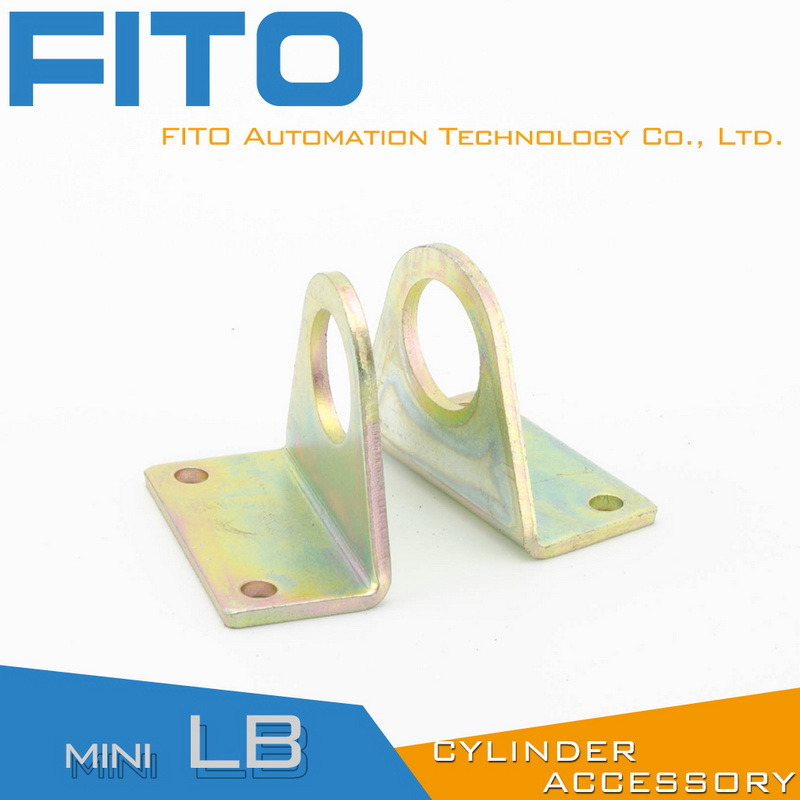Water Treatment Resin,Water Softener Resin,Softener Resin Types,Resins for Water Treatment,Waste Water Treatment Resin,Resin For Water Treatment Henan Comcess Industry Co., Ltd. , https://www.comcessresins.com
Cation Exchange Resin:
Anion Exchange Resin:
Applications of Water Treatment Resins:
1.Water Softening:
2.Deionization:
3.Demineralization:
4.Selective Ion Removal:
5.Maintenance and Regeneration
Bronze Tone Metal Pneumatic Air Cylinder Screw Mounting Bracket 53X40mm
Free Samples Available!
**Specifications:**
1. Pneumatic Cylinder Accessories
2. Type: Y Joint with Pin
3. Size: 32–200mm
4. AIRTAC Standard
5. Used for SC Standard Cylinders
**Summary:**
Pneumatic cylinder accessories – Y Type Joint are used for mounting and connecting pneumatic cylinders. In addition to Y joints, we also offer a wide range of fittings such as CU, CA, CB, FA, FB, U, and I. Just let us know your requirements, and we’ll help you choose the right one for your application.
**Product Features:**
- Type: Y Joint with Pin
- Size: 32–200mm
- AIRTAC Standard
- Compatible with SC Standard Cylinders or MAL, MA, SDA, DNC
- Durable and reliable for industrial use
**Product Images:**



**Features of MSQ Series Rotary Table / Rack & Pinion Cylinder:**
| Bore Size (mm) | 10 | 20 | 30 | 50 | 70 | 100 | 200 |
|----------------|----|----|----|----|----|-----|-----|
| Working Medium | Clean Air | | | | | | |
| Working Pressure Range | 0.1–1.0 MPa (with adjustable angle screw) / 0.1–0.6 MPa (with shock absorber) | | | | | | |
| Cushion Type | Rubber Cushion (Standard) / Shock Absorber (Optional) | | | | | | |
| Allowed Power (With Adjustable Angle Screw) | 0.007J | 0.025J | 0.048J | 0.081J | 0.24J | 0.32J | 0.56J |
| Allowed Power (With Shock Absorber) | 0.039J | 0.116J | 0.294J | 1.1J | 1.6J | 2.9J | |
| Angle Adjustable Range | 0–190° | | | | | | |
| Steady Swing Time Range | 0.2–1.0s/90° | 0.2–1.5s/90° | 0.2–2.0s/90° | 0.2–2.5s/90° | | | |
| Piston Diameter | φ15 | φ18 | φ21 | φ25 | φ28 | φ32 | φ40 |
| Port Size | M5×0.8 | G1/8 | | | | | |
**Why Choose Us?**
1. Wide range of pneumatic products available for different applications
2. High quality at competitive prices
3. Accept sample orders and small quantity orders
4. Free product information and support
5. Reliable quality assurance and excellent after-sales service
**Payment & Shipment:**
- **Payment Methods:** T/T, PayPal, LC
- **Shipment Options:** DHL, FedEx, UPS, TNT, EMS, or as per customer request
- After shipment, we will send the tracking number via email
- If not received within 7 business days, please contact us
- We aim to ship your order within 4 weeks after receiving payment
**Other Products We Offer:**
1. ISO Standard Cylinders: DNC (ISO 6431 & VDMA 24562), DNG (ISO 15552), SI (ISO 6431), MA (ISO 6432)
2. Standard Cylinders: SC/SU, MB, CA1
3. Mini Cylinders: MA, MAL, CJ2, CM2, CJP Needle Cylinder
4. Double-Shaft Cylinders: TN, CXS
5. Free Installation Cylinders: CU
6. Slide Bearing Cylinders: STM
7. Three-Shaft Cylinders: MGP
8. Stopper Cylinders: RSQ
9. Compact Cylinders: ADVU, SDA, CQ2B
10. Rotary Cylinders: MSQ
11. Rodless Cylinders: CY1
12. Air Grippers: MHC Series Pneumatic Parallel Gripper, MHC Point Type Gripper, Parallel Style Wide Opening Air Gripper
For more details, feel free to ask us. We’re here to help you find the best solution for your market needs.
Water Treatment Resin are specialized materials used in water purification processes, particularly in ion exchange systems. These resins are typically composed of small, porous beads that can exchange ions with ions in the water that passes through them. There are two main types of ion exchange resins: cation exchange resins and anion exchange resins.
Types of ion exchange resin:
Strong Acid Cation (SAC) Resins: These resins contain sulfonic acid groups and are used to remove positively charged ions (cations) such as calcium (Ca²âº), magnesium (Mg²âº), and other heavy metals. SAC resins are commonly used in water softening applications.
Weak Acid Cation (WAC) Resins: These resins contain carboxylic acid groups and are effective at removing cations, particularly in applications where water has a high alkalinity.
Strong Base Anion (SBA) Resins: These resins contain quaternary ammonium groups and are used to remove negatively charged ions (anions) such as sulfate (SOâ‚„²â»), nitrate (NO₃â»), and chloride (Clâ»). SBA resins are often used in deionization processes.
Weak Base Anion (WBA) Resins: These resins contain tertiary amine groups and are effective at removing anions from solutions with lower pH levels.
Cation exchange resins are commonly used to replace calcium and magnesium ions in hard water with sodium or potassium ions, thus preventing scale buildup in pipes and appliances.
Both cation and anion exchange resins are used together in mixed bed or separate bed configurations to remove all ionic species from water, producing highly purified water. This is crucial in applications such as laboratory water, pharmaceuticals, and microelectronics manufacturing.
This process involves using both types of resins to remove dissolved salts from water. It's used in boiler feedwater treatment and other industrial processes where mineral-free water is required.
Specialized resins can be used to target specific contaminants, such as heavy metals, nitrates, or arsenic, from drinking water and wastewater.
Water treatment resins require periodic regeneration to restore their ion exchange capacity. Regeneration involves flushing the resin with a concentrated solution of the ions that the resin initially releases. For example:
SAC resins are regenerated with a salt (sodium chloride) solution.
SBA resins are regenerated with a caustic (sodium hydroxide) solution.
Regular maintenance and proper regeneration are essential to ensure the longevity and efficiency of the resins.
Conclusion
Water treatment resins are a critical component of many water purification systems, providing efficient removal of a variety of contaminants. Their effectiveness and versatility make them suitable for a wide range of applications, from residential water softening to industrial demineralization. Understanding the types and functions of these resins can help in selecting the right one for specific water treatment needs.